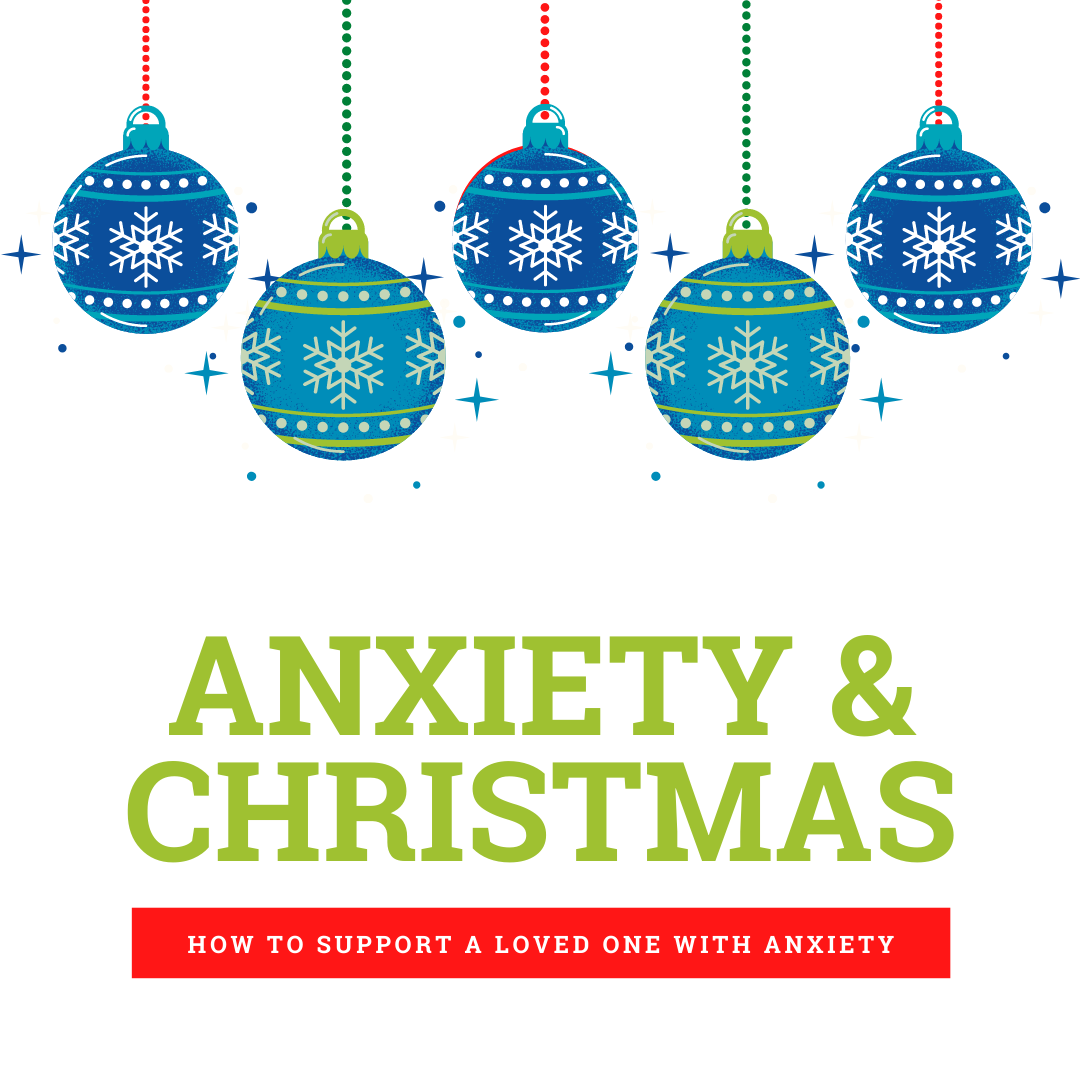
Anxiety at Christmas: What Your Loved One Wants You to Know about Anxiety
A United Kingdom-based mental health charity, Mind, explored the connection between anxiety and the holiday season. Let’s take a look at a few stats that highlight how the festive season impacts people living with anxiety:
- Three out of four people who have a diagnosed anxiety disorder report trouble sleeping around the holidays
- More than 60% of the surveyed participants reported a panic attack during the holiday season
- 36% of participants admitted to engaging in self-harm to cope, and another 52% considered self-harm
With these stats in mind, we want to shed light on how the holidays can impact those with anxiety – and what you can do to make the holidays a little easier for them.
1. Opening Gifts
Giving and receiving gifts is a hallmark of the Christmas season. It can be an exciting, joyous time, but for some people with anxiety, opening gifts can be a trigger. For example, it can be very uncomfortable to have all eyes on you as you open up a present. You’re on the spot. You might worry if you react the right way. What if you don’t love the gift? What if they don’t love the gift? Even if you love opening gifts, it’s important to recognize that not all people love the spotlight.
How to support a loved one with anxiety: If you know that opening gifts is anxiety-producing, ask your loved one how they’d like to handle the situation. For example, everyone opening their own gifts at the same time can be much less stressful than watching each person one at a time open presents.
2. Socializing at Christmas Parties
Granted this year’s holiday party schedule is likely very different due to the pandemic, there are still plenty of ways to socialize at Christmas: social distancing get-togethers, virtual parties via Zoom, or increased phone calls with extended families and friends.
Socializing – whether that’s in person or virtually – can be overwhelming for those with social anxiety.
How to support a loved one with anxiety: Avoiding all socializing (whether that’s at Christmas or any other time of the year) is tempting for those with social anxiety disorder, but avoidance isn’t helpful in the long run. Gently encourage your loved one to participate, and how ask how you can support them. Some people may find that arriving early to a get-together is easier because you can greet people one-at-a-time as they arrive rather than all at once.
3. Christmas Dinner Stress

The pressure is on! Planning and cooking a Christmas dinner can be stressful. It’s not uncommon to lose sleep over planning a big meal. Planning the menu can be overwhelming especially if Uncle Tim doesn’t eat meat and Aunt Peg is doing keto – trying to please everyone can be a nightmare! The Irish have a term for this: Christmas Day Syndrome.
How to support a loved one with anxiety: Be understanding of the task at hand. Not everyone asks for help, so don’t hesitate to offer your help first. Doing as much prep as you can early can also help alleviate headaches.
4. Financial Stress
Financial strain can be a big source of anxiety, and the holidays can really stretch the budget. Between gifts, decorations, and food for Christmas parties, it can be overwhelming to see so much money spent so quickly.
How to support a loved one with anxiety: If you and your partner are sharing a budget for Christmas gifts, you can eliminate some strain by setting a budget and sticking with it. A budget can help eliminate the surprise and worry associated with a large credit card bill after Christmas.
5. Christmas Busy-ness
The weeks and days leading up to Christmas can be very busy. Between working regular hours, preparing for family gatherings, shopping, decorating, wrapping presents – there’s a lot going on! Busy schedules can cause stress. In fact, 81% of the UK Mind survey participants noted that most anxiety was triggered by the increased stress load.
How to support a loved one with anxiety: Help your loved divvy up any tasks to help lighten their load. Remind your loved one that you don’t have to do every single holiday tradition if it causing more stress than joy.
Anxiety Isn’t Just “Overly Stressed”
Anxiety can be very personal; what triggers one person doesn’t necessarily trigger another person. If your loved one is dealing with increased anxiety during Christmas, remember it’s not that he or she hates the holiday. The best thing you can do to support a loved one is to be considerate of how they feel even if you don’t understand why. Let your loved one know that you are there to talk. You can also take the time to learn more about anxiety disorders. Anxiety can be a severe, debilitating condition. While stress can trigger anxiety, it is more than just being “overly sensitive” or “worrying too much”.
Anxiety at Christmas … and Beyond the Holidays
Here at Next Step 2 Mental Health, we want to help you feel better no matter what time of year it is. If you or a loved one are struggling with anxiety, we encourage you to seek the help you deserve. Remember, seeking help is always a sign of strength. We take a multidisciplinary approach when it comes to managing anxiety. From medication management to therapy (including CBT) to online courses, we are with you every step of your journey.
Give us a call at our Louisville, Kentucky office at 502-339-2442, or send us a message to request more information.
Related Posts
What Is CBT and How Does CBT Help with Anxiety?
Anxiety disorders are extremely common. About 40 million American adults are...
Do Warm-Colored Lights Help Sleep?
Perhaps you've noticed that e-readers, smartphones, and other tablets have an...


